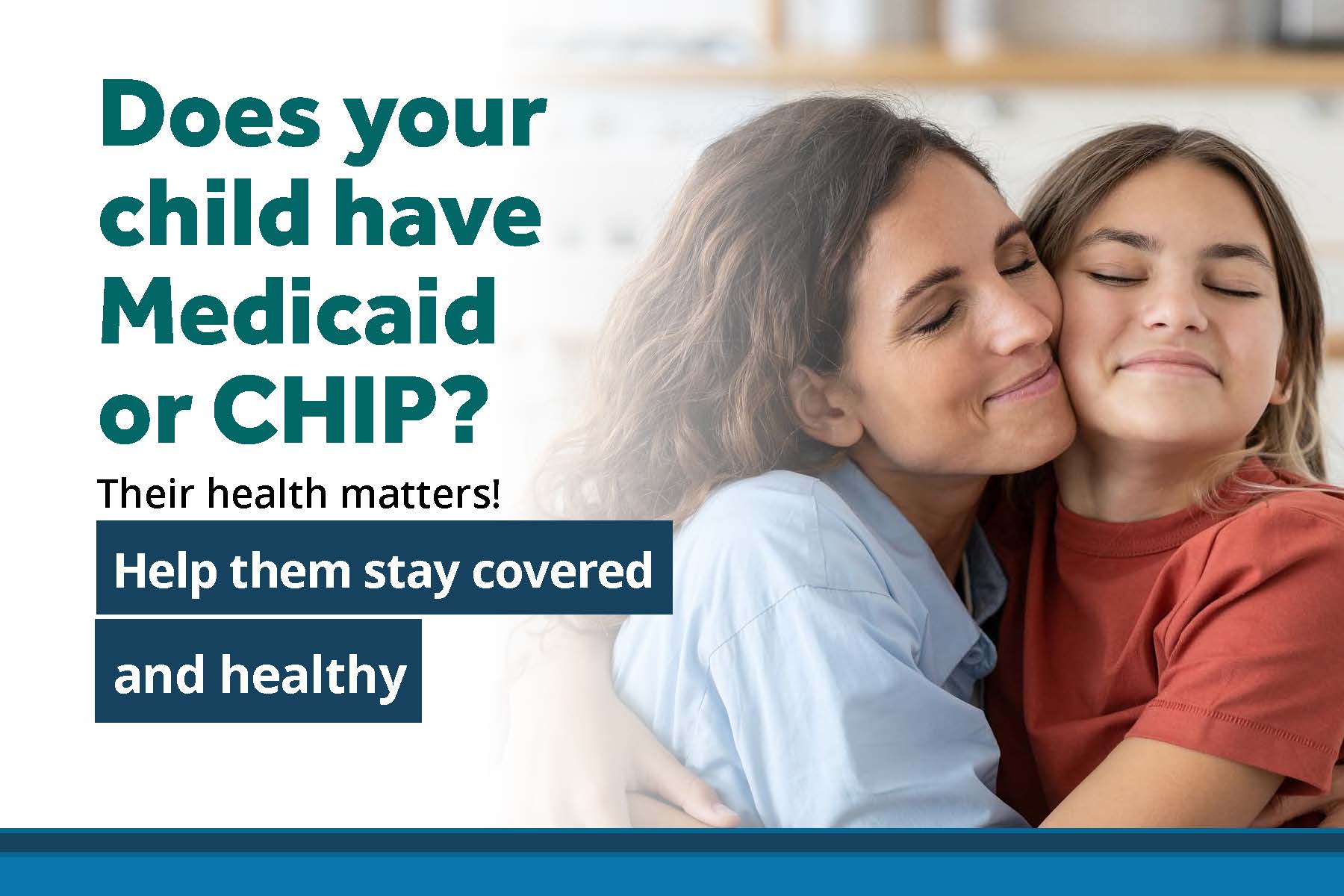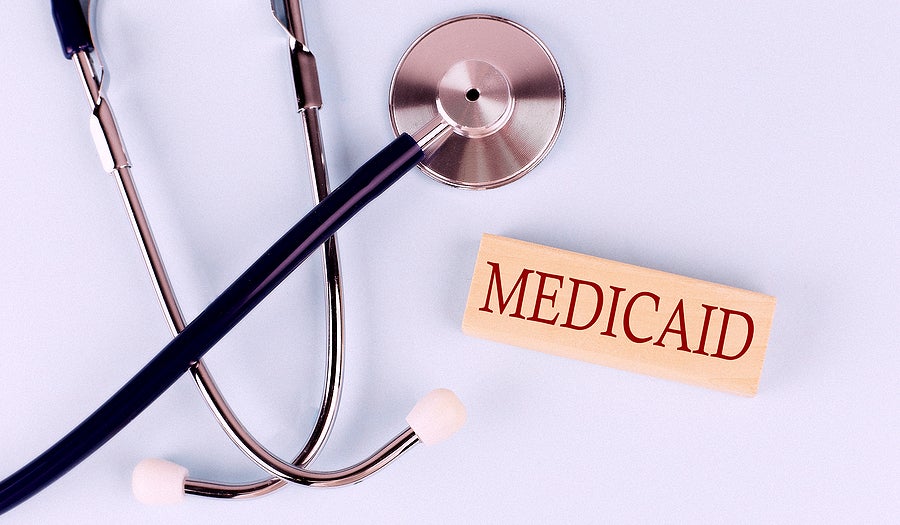CHIP
-
What Does 12-month Continuous Eligibility for Children Mean for CHIP Pregnancy Coverage?
Several weeks ago, I blogged about the federal guidance CMS sent to states on the implementation of 12-month continuous enrollment (CE) for children starting on January 1, 2023, as required by the Consolidated Appropriations Act of 2023 (CAA). In the guidance, CMS provided details on how implementation of 12-month CE impacts the group of individuals…
-
Unwinding Data Recap: What Do We Know So Far?
Last Friday marked the end of the month, which meant the release of new unwinding data from CMS. This time, though, CMS not only published data on renewal outcomes for June, but also posted preliminary outcome data for July, cutting the time lag to two months. As a result, there is now unwinding data available…
-
HHS Takes Action on Maternal Mental Health Initiatives, Requests Input on Medicaid/CHIP Parity Compliance
Last week, the Administration announced a number of actions related to mental health with a focus on maternal health as well as parity in Medicaid and the Children’s Health Insurance Program (CHIP). Here’s a readout of the latest actions: Maternal Health Funding: HHS announced awards of more than $103 million to support and expand access…
-
AAP and CCF Release 2023 State Snapshots on the Importance of Medicaid for Children’s Coverage
Starting back in 2017 we created state snapshots with our colleagues at the American Academy of Pediatrics that show who Medicaid covers in each state, with a particular emphasis on Medicaid’s role in covering children. After a hiatus during the pandemic, we’ve updated the easy-to-understand 2-pagers with all the latest data on how Medicaid helps…
-
CMS Releases Postpartum Care Toolkit to Help States Address Access, Quality, and Equity of Care in Medicaid and CHIP
The rapid state adoption of extended postpartum Medicaid coverage from 60 days to 12 months offers an important opportunity to help ensure new parents and their infants get the health care they need during a critical period of family change following a birth. Last month, CMS released a timely resource for states seeking to help…
-
CMS Posts May 2023 Unwinding Data
In this snapshot dated August 2023, CMS reports on certain unwinding metrics based on May 2023 data. Those metrics include: Percent and number monthly change in total Medicaid enrollment; Current month and monthly change in applications processed over 45 days; Current month and monthly change in average call time; and Current month and monthly change…
-
New Brief: Where Things Stand on the Medicaid and CHIP Provisions of the Bipartisan Safer Communities Act
Medicaid (alongside the Children’s Health Insurance Program) covers more than half of all children in the U.S. and serves as the single largest payer of behavioral health services. Yet, timely access to mental health services remains elusive for many children and families. In June 2022, President Biden signed into law the Bipartisan Safer Communities Act…
-
Why Are So Many Kids Losing Medicaid Coverage?
At the end of the COVID pandemic, more than half (54%) of the nation’s children were covered by Medicaid or CHIP; the vast majority by Medicaid. So, the lifting of the pandemic-related Medicaid continuous enrollment protection this spring is a really big deal, putting low-income children at risk of losing access to health care and/or…
-
New Inspector General Report Finds Manufacturers Would Have to Pay Substantial Rebates if the Medicaid Drug Rebate Program Applied to Separate State CHIP Programs
The Office of Inspector General (OIG) at the Department of Health and Human Services issued a new report estimating that applying the Medicaid Drug Rebate Program (MDRP) to separate state CHIP programs would have resulted in drug manufacturers paying $641.2 million in rebates in calendar year 2020 alone, with the federal government receiving $515.7 million…
-
2023 Medicaid and CHIP Snapshot Data Sources
Names of Medicaid and CHIP Programs State-specific names for Medicaid and CHIP programs (as of September 2023) can be found at HealthCare.gov – Medicaid and CHIP program names in your state. Medicaid/CHIP Enrollees The share of Medicaid/CHIP enrollees in the child, adult, disability, and senior eligibility groups calculated from MACStats: Medicaid and CHIP Data Book,…
-
The Medicaid Unwind’s Impact on Children: Are They Moving to CHIP?
As of July 1st all states in the country (except for Oregon) have started the process of renewing and disenrolling children and adults from Medicaid according to CMS’s latest chart. As readers of SayAhhh! are well aware, states are checking eligibility for everyone enrolled in Medicaid after the continuous coverage protections associated with the COVID-19…
-
CCF Comments on Proposed Managed Care Rule
The Georgetown University Center for Children and Families submitted the following comments to HHS regarding the proposed managed care rule (“Medicaid Program; Medicaid and Children’s Health Insurance Program (CHIP) Managed Care Access, Finance, and Quality; Proposed Rule-CMS-2439-P”). Comments on Managed Care Rule
-
How Are States Addressing Mental Health Needs of Infants and Toddlers in Medicaid Policy? New 50-state Report
As lawmakers scramble to address the nation’s worsening mental health crisis among children, few of these efforts have focused on the unique developmental needs of children before they reach kindergarten. It’s hard to imagine an infant or toddler experiencing mental health challenges, but as ZERO TO THREE shows,10-16% of young children experience mental health conditions,…
-
CMS Asks States and Stakeholders to Lean In and Help Respond to Mounting Concerns About Eligible Children, New Moms and Others Losing Medicaid During Unwinding
As outcomes data has emerged from states getting an early start on resuming Medicaid renewals, there are mounting concerns about eligible children, new moms, and others losing coverage due to procedural disenrollments. In response, CMS released additional information on the unwinding, including a letter from HHS Secretary Becerra to governors urging them to adopt additional…
-
Medicaid Policies to Help Young Children Access Infant-Early Childhood Mental Health Services: Results from a 50-State Survey
By: Sheila Smith, Maribel R. Granja, Elisabeth Wright Burak, Kay Johnson, and Daniel Ferguson; Representing the National Center for Children in Poverty, Georgetown University Center for Children and Families, and Johnson Policy Consulting Full report available here. INTRODUCTION Young children covered by Medicaid are growing up in low-income households and are more likely to experience…
-
It’s Here! An Introduction to the Much-Anticipated Updated School-Based Medicaid Services and Administrative Claiming Guide
May is Mental Health Awareness Month, and last week’s news takes this month to heart with the release of the much-awaited Comprehensive Guide to Medicaid Services and Administrative Claiming by the Centers for Medicare & Medicaid Services (CMS) in consultation with the US Department of Education (ED). The first comprehensive update in two decades, CMS’s…
-
Arkansas Unwinding Numbers Show What’s at Stake for Very Young Children
Georgetown University Center for Children and Families (CCF) has sounded the alarm bells for more than a year warning that without strong state leadership and careful attention, millions of children, parents, disabled people and others eligible for Medicaid could be erroneously disenrolled for procedural reasons. Children are far more likely to lose Medicaid and CHIP…
-
A Closer Look at CMS’s Proposed Rule to Improve Access to Care in Medicaid and CHIP
Editor’s Note: Since this post was published, CCF submitted formal comments on both the Medicaid Access and Managed Care proposed rules. The Biden Administration recently proposed two new rules on access to care in Medicaid and CHIP. The rules have long, formal titles: “Medicaid Program: Ensuring Access to Medicaid Services” and “Medicaid Program: Medicaid and…
-
Biden Administration Proposes Two New Rules to Significantly Improve Access to Care for Consumers Enrolled in Medicaid and CHIP
Editor’s Note: Since this post was published, CCF submitted formal comments on both the Medicaid Access and Managed Care proposed rules. If you thought you saw fireworks last night, it could be in celebration of the Biden Administration posting two(!) proposed rules yesterday tackling access to care in Medicaid and CHIP. It will take some…
-
Here’s a Good Idea – Some States Are Removing Barriers to Coverage by Dropping CHIP Premiums
In January 2020, 30 states charged premiums or enrollment fees to children in Medicaid or CHIP, which were suspended in 19 states during the public health emergency. Since then, six states have eliminated premiums or do not plan to resume them – California, Colorado, Illinois, Maine, New Jersey, and North Carolina. New York also eliminated…



















